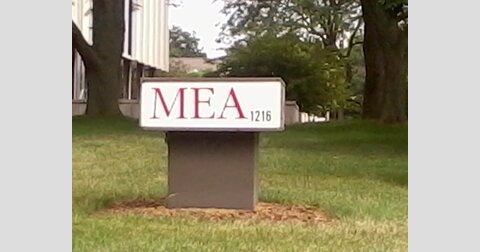Teachers Union Health Insurer Paying Big Raises
While some teachers are facing layoffs or reductions in benefits, top officials for the Michigan Education Special Services Association have been getting double-digit percentage raises over the past few years.
MESSA is a not-for-profit third-party administrator that purchases health care insurance and resells it to many public school districts. It is affiliated with the Michigan Education Association, the state’s largest teachers union.
Cynthia Williams, MESSA’s executive director, received annual pay increases of 12.9 percent in 2008 and 6.3 percent in 2009. Her salary has grown from $213,013 in 2007 to $255,774 in 2009. The financial information was taken from MESSA’s filings with the Internal Revenue Service. The 2009 salary and compensation data is for the most recent year available.
Richard Ringstrom, MESSA’s marketing and product development director, benefited from a salary increase of 9.4 percent, from $190,357 in 2008 to $208,283 in 2009.
Frank Musto, MESSA’s director of field services, saw his salary increase 11 percent, from $176,714 in 2008 to $196,291 in 2009.
The salary for Jeffrey Nyquist, MESSA’s attorney, increased 15.6 percent in 2008 and 9.5 percent in 2009. Nyquist’s pay increased from $178,281 in 2007 to $225,712 in 2009.
“With MESSA’s administrative costs and premiums rising, it’s no wonder why districts are turning away from this union-run health insurance scheme,” said Michael Van Beek, education policy director at the Mackinac Center for Public Policy. “Districts that ditch MESSA are still able to provide quality health insurance coverage for their employees and save money, teachers’ jobs and popular school programs.”
Gary Fralick, spokesman for MESSA, wrote in an email that MESSA is operated much like a member-governed credit union.
“The fact is, compared to our major competition, MESSA’s compensation package for senior leaders ranks dead last. In many cases our competition pays their executive teams double, triple or even as much 20 to 30 times more than MESSA,” Fralick wrote.
William Alvin, president and CEO of Health Alliance Plan of Michigan, was paid $501,556 in 2009, the last year financial information was provided.
Kimberly Horn, president of Priority Health, made $787,411 in 2009.
Crain’s Detroit Business reports that Dan Leopp, CEO of nonprofit Blue Cross and Blue Shield of Michigan, was paid a total compensation of $2.75 million in 2010. Blue Cross controls an estimated 70 percent of the state’s health insurance market, according to Crain’s.
Michigan Capitol Confidential is the news source produced by the Mackinac Center for Public Policy. Michigan Capitol Confidential reports with a free-market news perspective.

